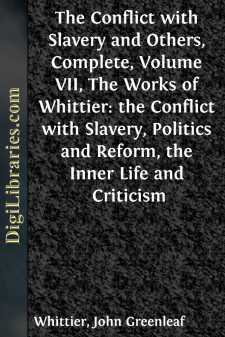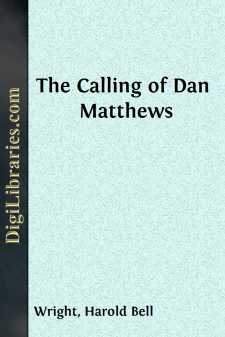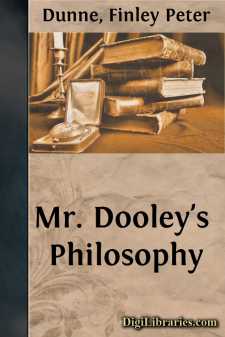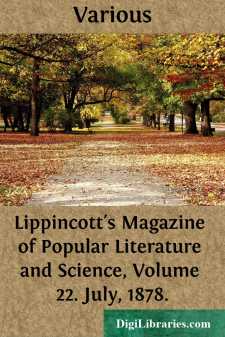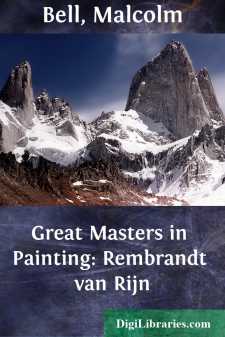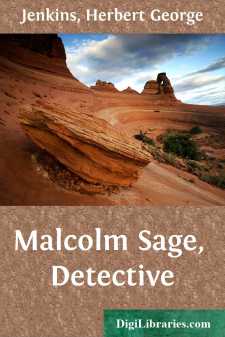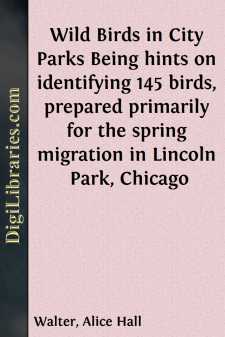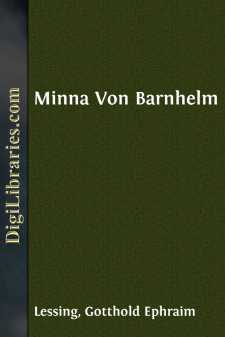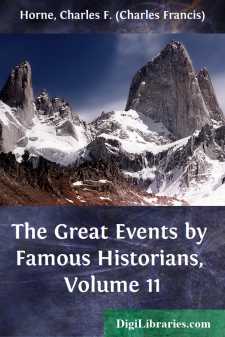Categories
- Antiques & Collectibles 13
- Architecture 36
- Art 48
- Bibles 22
- Biography & Autobiography 813
- Body, Mind & Spirit 142
- Business & Economics 28
- Children's Books 15
- Children's Fiction 12
- Computers 4
- Cooking 94
- Crafts & Hobbies 4
- Drama 346
- Education 46
- Family & Relationships 57
- Fiction 11829
- Games 19
- Gardening 17
- Health & Fitness 34
- History 1377
- House & Home 1
- Humor 147
- Juvenile Fiction 1873
- Juvenile Nonfiction 202
- Language Arts & Disciplines 88
- Law 16
- Literary Collections 686
- Literary Criticism 179
- Mathematics 13
- Medical 41
- Music 40
- Nature 179
- Non-Classifiable 1768
- Performing Arts 7
- Periodicals 1453
- Philosophy 64
- Photography 2
- Poetry 896
- Political Science 203
- Psychology 42
- Reference 154
- Religion 513
- Science 126
- Self-Help 84
- Social Science 81
- Sports & Recreation 34
- Study Aids 3
- Technology & Engineering 59
- Transportation 23
- Travel 463
- True Crime 29
Sort by:
JUSTICE AND EXPEDIENCY OR, SLAVERY CONSIDERED WITH A VIEW TO ITS RIGHTFUL AND EFFECTUAL REMEDY, ABOLITION. (1833.) "There is a law above all the enactments of human codes, the samethroughout the world, the same in all time,—such as it was beforethe daring genius of Columbus pierced the night of ages, and openedto one world the sources of wealth and power and knowledge, toanother all unutterable...
more...
CHAPTER I. THE HOME OF THE ALLY "And because the town of this story is what it is, there came to dwell in it a Spirit—a strange, mysterious power—playful, vicious, deadly; a Something to be at once feared and courted; to be denied—yet confessed in the denial; a deadly enemy, a welcome friend, an all-powerful Ally." This story began in the Ozark Mountains. It follows the trail that is...
more...
A BOOK REVIEW "Well sir," said Mr. Dooley, "I jus' got hold iv a book, Hinnissy, that suits me up to th' handle, a gran' book, th' grandest iver seen. Ye know I'm not much throubled be lithrachoor, havin' manny worries iv me own, but I'm not prejudiced again' books. I am not. Whin a rale good book comes along I'm as quick as anny wan to say it...
more...
by:
Various
HERE AND THERE IN OLD BRISTOL. GRAVE OF HANNAH MORE AT WRINGTON, NEAR BRISTOL.The streets of Bristol are, in a modern point of view, narrow and uninviting, yet if the visitor have a liking for the picturesque he will find much to interest him. There are plenty of streets crammed with old-time houses, thrusting out their upper stories beyond the lower, and with their many-gabled roofs seeming to heave...
more...
by:
Malcolm Bell
CHAPTER I BIRTH AND EARLY YEARS Down to the middle of the present century the story of Rembrandt, as generally accepted, was nothing but a mass of more or less ill-natured fiction. His drunkenness, his luxury, his immorality, his avarice, were heaped together into a somewhat inconsistent midden-heap of infamy. It was not indeed until his true rank among painters began to be properly appreciated that it...
more...
I "John!" "Yeh!" "Don't say 'yeh,' say 'yes,' Dorothy dear." "Yes, Dorothy de——" Sir John Dene was interrupted in his apology by a napkin-ring whizzing past his left ear. "What's wrong?" he enquired, laying aside his paper and picking up the napkin-ring. "I'm trying to attract your attention," replied Lady Dene,...
more...
by:
John Masefield
CHAPTER I THE LIFE OF SHAKESPEARE Stratford-on-Avon is cleaner, better paved, and perhaps more populous than it was in Shakespeare's time. Several streets of mean red-brick houses have been built during the last half century. Hotels, tea rooms, refreshment rooms, and the shops where the tripper may buy things to remind him that he has been where greatness lived, give the place an air at once...
more...
No description available
INTRODUCTORY NOTE Gotthold Ephraim Lessing was born at Kamenz, Germany, January 22, 1729, the son of a Lutheran minister. He was educated at Meissen and Leipzic, and began writing for the stage before he was twenty. In 1748 he went to Berlin, where he met Voltaire and for a time was powerfully influenced by him. The most important product of this period was his tragedy of "Miss Sara Samson," a...
more...
THE GREAT EVENTS (ERA OF POLITICAL-RELIGIOUS WARS) CHARLES F. HORNE Gazing across the broader field of universal history, one comes more and more to overlook the merely temporary, constantly shifting border lines of states, and to see Western Europe as a whole, to watch its nations as a single people guided by similar developments of the mind, impelled by similar stirrings of the heart, taking part in...
more...


